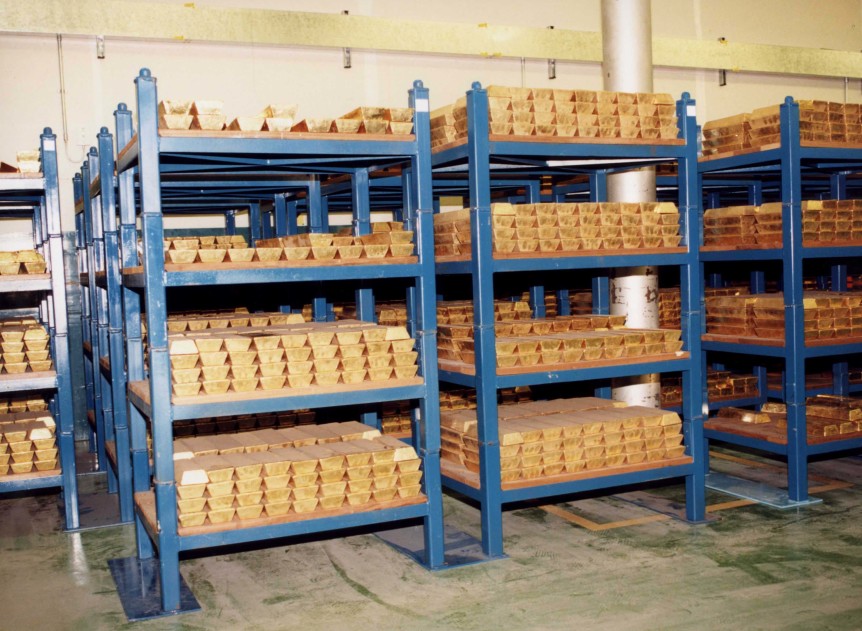Gold investors have rushed to the exits since Donald Trump’s surprise victory in the U.S. presidential election, dragging prices to a nine-month low. Now Chinese retail buyers are stepping in to take advantage of the low prices.
Gold sellers in Hong Kong, where mainland Chinese often buy gold, report an increase in purchases, some of it for weddings around this month. Some of the buying is also because of the Lunar New Year period next month, a time when buying normally picks up. Changes in buying patterns in China are felt in the world-wide because it is the world’s top gold consumer, accounting for about 30% of global demand.
The surge in buying in China is providing a layer of support to gold prices, which are under pressure from expectations that the U.S. Federal Reserve will raise interest rates next week, a move that would likely boost the dollar. A stronger dollar tends to weigh on gold as it is priced internationally in dollars and becomes more expensive for foreign buyers when the currency appreciates.
“Our sales are up by around 20%-25% in the past one month,” said Alex Cheung, manager at Hong Kong’s Wo Shing Goldsmith, a large retailer, adding that sales had largely been disappointing in previous months this year. “People are now more willing to buy because of the low prices.”
It isn’t only jewelry buyers flocking to shops, but also Chinese grandparents who want to buy gold bars as gifts for their grandchildren, said Mr. Cheung.
Gold is trading at around $1,167 an ounce, a level last seen in early February this year. Gold reached its peak this year in early July at $1,375 a troy ounce.
The slide in prices of the precious metal surprised analysts, most of whom had predicted gold to skyrocket if Mr. Trump won because of uncertainty about his policies. But investors pulled out of the haven asset on hopes that Mr. Trump’s policies would benefit the economy.
Increased Chinese demand for the precious metal has prompted banks to charge a premium of $30 a troy ounce for customers who want to secure deliveries quickly. Such premiums haven’t hit that level in three years.
“Most of the demand is coming from investors, motivated either out of fear of the uncertain times ahead and increased [U.S. dollar] strength or seizing what they perceive to be an opportune moment to buy,” said Padraig Seif, chief executive of Finemetal Asia Ltd., a large Hong Kong-based bullion dealer.
Kilogram-size bars have been most sought after, but there also has been demand for smaller bars favored by retail buyers, Mr. Seif said. Asian investors are seeking to move their investments into gold because a strengthening of dollar has reduced the relative value of Asian currencies, he added.
“The weakening of the [yuan against the dollar] has also led new investors onto the gold bandwagon as a hedge,” said a Hong Kong-based head of the bullion desk of a large international bank.
Mark Schlarbaum, Irvine, California
